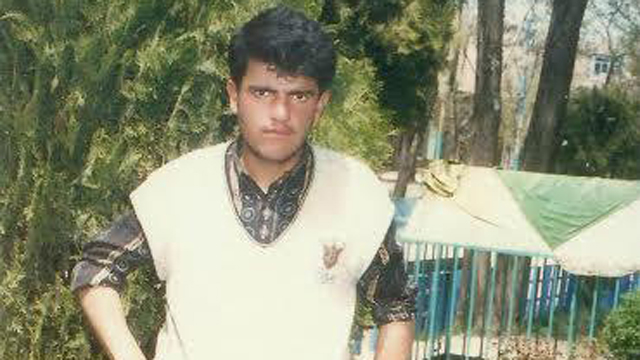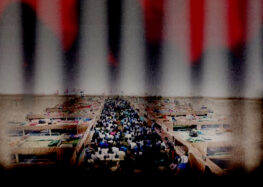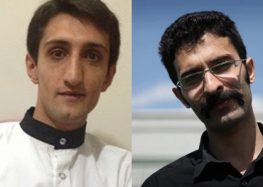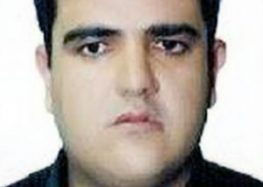Five Prisoners Hanged in Iran in Accelerating Rate of Executions

Hangings Follow Twenty Prisoners Executed Last Week
Five prisoners were hanged inside Iran’s Orumiyeh Central Prison in West Azerbaijan Province on the morning of August 8, 2016, in what appears to be an accelerating pace of executions in the Islamic Republic. Last week 20 Sunni prisoners were killed in another mass execution in the city of Karaj in Alborz Province.
The names of the executed individuals are: Mohammad Abdollahi, Kamran Pour-Rafat, Amir Azizi, Janahgir Razavizadeh, and Jebrail Kan’ani.
All of the prisoners except for Mohammad Abdollahi were sentenced to death on drug-related charges. The UN has stated that drug-related crimes do not meet the standard of the most serious crimes for which capital punishment may be applied.
The Iranian-Kurdish prisoner Mohammad Abdollahi was sentenced to death in 2013 for his alleged membership in the Kurdish Communist Party of Iran, known as Komala.
On August 7 Abdollahi’s family told the International Campaign for Human Rights in Iran that he and a number of other prisoners were moved to the Quarantine (isolation) Ward and that their families were asked to go to the prison for their last visit before the execution. The move occurred on the evening of August 7, according to a relative who spoke with Voice of America.
Abdollahi’s lawyer, Mostafa Ahmadian, told the Campaign on August 7 that he had requested a stay of execution for his client before he was killed.
“There have been many instances of blatant violations of the law in Abdollahi’s case that I am willing to discuss with any relevant official,” he said. “Initially the judicial investigator had issued an order to nullify my client’s prosecution. But the judge unlawfully pursued the case and the prosecutor agreed to go ahead with the unlawful process. In addition there is ample evidence that suggests my client did not resort to using a weapon and played no role in the charges issued against him… I call on the authorities to put a stop to the execution order or temporarily suspend it so that this case can be reviewed.”
After Abdollahi went on hunger strike on May 29, 2016 for several weeks, the authorities promised to review his case. The Campaign was unable to verify if the review occurred.
Abdollahi, a resident of Boukan in Iran’s Kurdistan Province, was arrested on March 19, 2011 by the Revolutionary Guards in Mahabad, near his hometown, and interrogated for 91 days. He was sentenced to death for “waging war against the state,” “corruption on earth” and “membership in Komala,” which is based in Iran and Iraq, on September 21, 2013 by Judge Ahmad Javadi-Kia of Branch 1 of the Revolutionary Court in Mahabad.
The sentence was upheld by the Appeals Court on March 24, 2014. The Supreme Court asked the initial court to review the verdict, which was again upheld.
“I went to Iraq to work and earn a living and I sent and brought money to my family [in Iran] from time to time. I got an asylum card from the Communist Party of Iran in order to facilitate my stay in Iraq,” said Abdollahi in a letter to Judiciary Chief Sadegh Amoli Larijani on May 29, 2016. “But at the time of my arrest I was not carrying any kind of weapon and I have not participated in any armed or unarmed confrontation against the forces of the Islamic Republic of Iran.”
Mohammad’s brother, Mohammad-Amin, has been imprisoned in Birjand Prison in northwest Iran since 2005. He is serving an 18-year prison sentence on charges of “moharebeh” (enmity with God) for his alleged contact with opposition political parties in eastern Iran.



